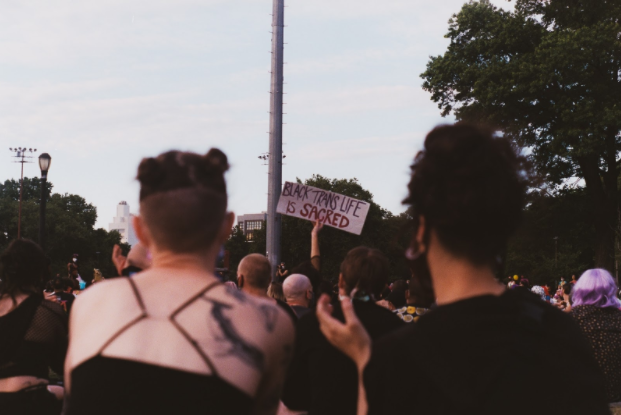In the final few weeks of his presidency, Donald Trump’s administration made several measures affecting how public institutions treat LGBTQ+ persons.
Just days before President Joe Biden’s inauguration, the Department of Health and Human Services issued a rule that allows taxpayer funded social services, such as adoption agencies, to discriminate towards LGBTQ+ people.
This rule was put in place to allow social services use of “religious freedom” to discriminate against queer people, something the Trump administration is no stranger to. As reported by the Human Rights Campaign, this rule applies to all kinds of taxpayer funded services, such as foster care, HIV and STI prevention, youth homelessness, refugee resettlement, elder care programs and more.
LGBTQ+ youth, who are among those targeted by the legislation, are 120% more likely than straight or cisgender youth to become homeless. Additionally, because sex education in public schools often includes little to no information about safe sex in same-sex relationships, queer youth are at a higher risk for HIV and STI’s.
As a last act before resigning herself, Betsey Devos’ Department of Education released a memo on Jan. 8th stating that LGBTQ+ students are not protected under Title IX’s protections against sex-based discrimination in schools.
Alphonso Davis, the president of the Human Rights Campaign, responded, “In her final moments at the Department of Education, Secretary Betsy DeVos prioritized punishing LGBTQ+ students. The memorandum refusing to apply the Bostock to federal education law is unconscionable and legally flawed.”
As one of his first acts in office, Biden passed an executive order stating that Title IX does indeed apply to transgender people. This has caused backlash in some state legislatures. In the short time since Biden’s orders, lawmakers in at least five states have introduced what activists call anti-trans legislation.
In a statement to POLITICO, Chase Strangio, the deputy director for trans justice in the ACLU, said: “While bills attacking trans youth have no chance of passing in the U.S. House, the rhetoric behind them emboldens political attacks on trans youth that are moving forward in Montana, South Dakota, North Dakota and potentially other states.”
“Our courts have been clear — federal civil rights laws protect transgender people, including in our schools,” Strangio said. “Trans students belong in our schools and lawmakers that pass these political attacks on trans youth will see the ACLU in court.”
allison.harris@mail.umkc.edu








